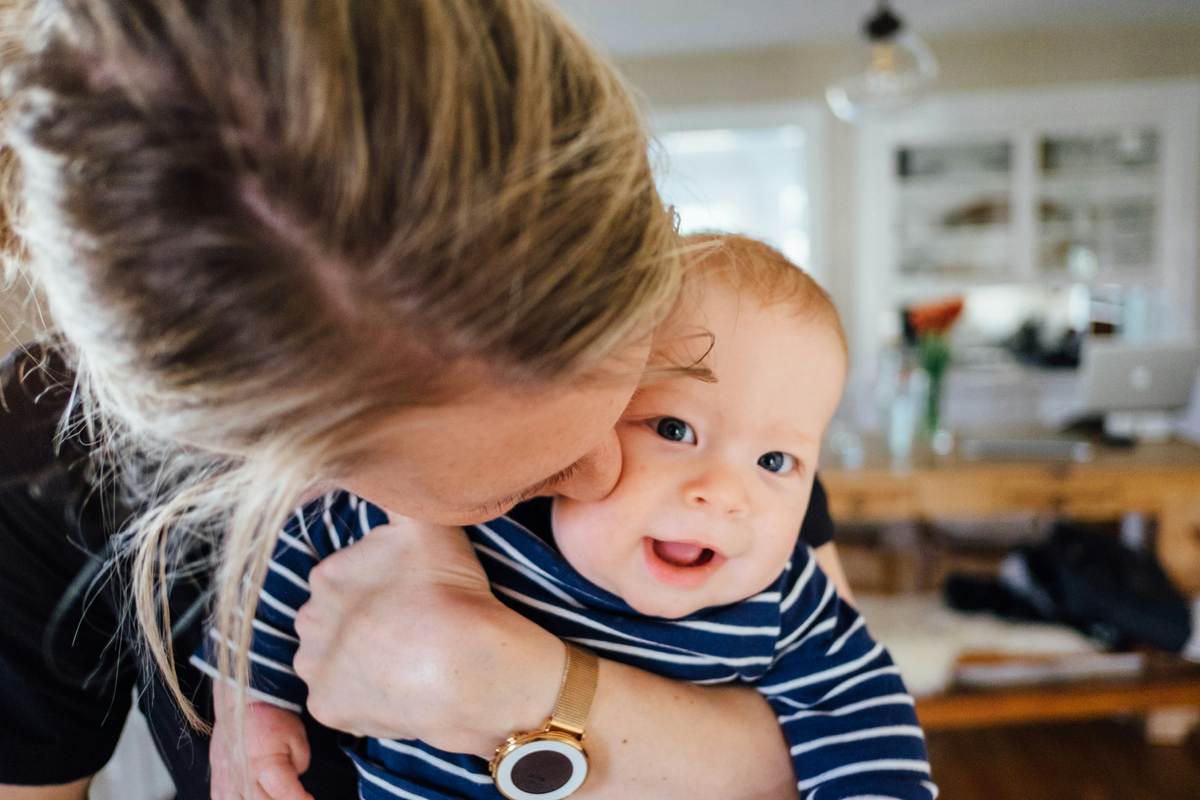Why Did No One Tell Me This?! Things You Need To Know About Newborns
When I first became I parent I found myself asking the question, over and over: "Why did no one tell me this?!" So, here is a list of everything I wish I'd known earlier.

Bathing Your Baby
In the first few weeks, you should only sponge bathe your baby until their umbilical cord stump falls off. This typically happens between 10 days and three weeks after birth. When cleaning around the cord stump, use plain water and gently blot the area dry. It’s important to ensure that the stump dries out and heals naturally.
Breastfeeding 101
After your baby is born, be prepared for frequent feeds. Newborns generally need to feed every two to three hours, so you’ll need to wake your baby up for these feeds in the early weeks. If you’re breastfeeding, it's normal to nurse your baby every two to three hours from birth until they’re about a month old. If you're formula feeding, the frequency will be slightly different, with babies typically needing to be fed every three to four hours during this time.
Formula Feeding Basics
If you're formula feeding, in the first few days you can offer your newborn 1-2 ounces of formula every two to three hours. It's important to feed your baby on demand during this period, which usually means around 8 to 12 feeds within a 24-hour window. Every baby is different, so keep an eye on their hunger cues and adjust the amount accordingly.
The Hospital Stay After Birth
After giving birth, most mothers will stay in hospital for 24 to 48 hours. However, if you’ve had a C-section, expect to stay a bit longer – typically between two and four days. Remember, hospitals will not allow you to leave without a properly installed infant car seat, so make sure you've got one ready before your due date.
Naps and Sleep Safety
Newborns spend a lot of time sleeping, and it’s vital to follow safe sleep guidelines. Always place your baby on their back to sleep, and never put them to bed with a hat on or with their head covered. Overheating can be a risk for newborns, so aim to keep the room temperature between 20-22°C (68-72°F) for safe and comfortable sleep.
Colostrum: The First Milk
Colostrum, often referred to as ‘liquid gold’, is the first milk you produce after giving birth. It's packed with nutrients and helps your baby’s immune system develop. Colostrum is also known to aid in reducing bloating and discomfort in your baby’s digestive system, making it a vital part of early feeding.

Article written by
Ella Morgan-White
I'm a writer, lover of Aperol Spritz, and most importantly, a mother! I have a little boy (Hugo, 3) and a baby girl (Margot, 18 months).